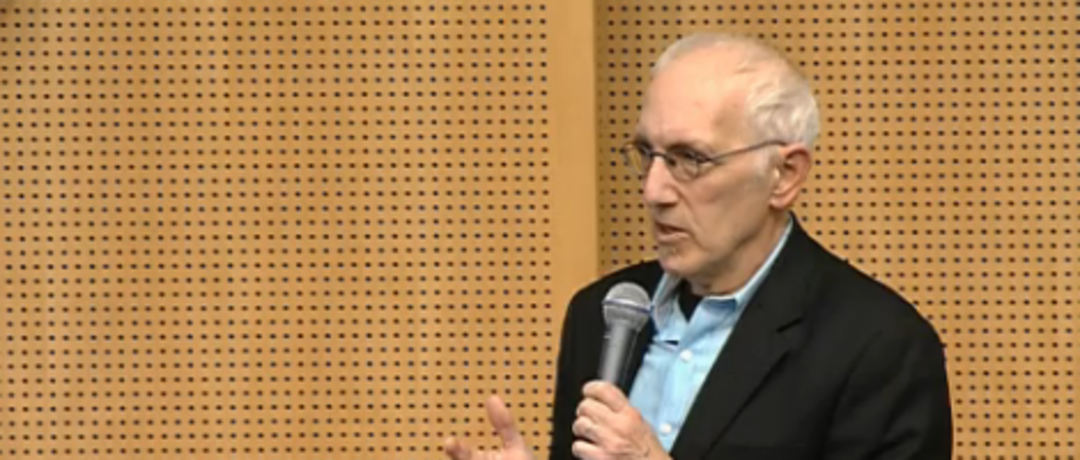Morning Fizz: "I Will Not be Concurring."

Caffeinated News
1. The City Council passed a resolution 7-2 yesterday to implement planning and land use committee chair Mike O'Brien's "linkage fee."
The plan is to replace the city's "incentive zoning" program (a system of charging developers for extra square footage in special incentive zones and then putting the money into an affordable housing fund) with a new program that charges developers citywide (downtown, around transit hubs, in lowrise and multifamily zones) from the get go—and putting the money into an affordable housing fund.
The old system wasn't bringing in enough money nor creating much housing. The new system, O'Brien predicts, will bring in 10 times as much money for affordable housing over the next decade than the incentive zoning program would have.
Council members Sally Bagshaw and Tom Rasmussen, the two 'No' votes, both proposed amendments that got rejected. Bagshaw, who didn't think the specifics of the fee—a range from $5 per square foot to $22 a square foot—were ready for prime time, proposed taking the dollar figures out for now. Rasmussen, who thought the process had been rushed and exclusive (not enough developer input), proposed changing the resolution from saying it was the council's "intent" to implement the fee to saying they would "develop and consider" a linkage proposal. Council member Bruce Harrell raised the obvious question: Calling the amendment a "reticent approach," he said: "If we still have to figure out if we're considering this tool than we're doing something wrong."
"It calls on developers to pay a fair share of that impact of having to provide affordable housing ... This is a cost that is generally borne by the public sector as opposed to the private sector and because it's a cost to the public, we charge a fee for it."—Nick Licata
Nick Licata, who ultimately supported the legislation, had a losing amendment as well. He tried locking the fees in at the higher range. However, he also had a winning amendment, substituting the more permissive "may" for "should" on the legislation's directive to "phase in" the fee. Council member Kshama Sawant seconded him noting that according to the resolution the fees wouldn't be paid until two or three years into the schedule anyway, so why delay it further.
The win-win spirit of the legislation—raising more money for affordable housing while lowering costs on developers by spreading it out among more developments, i.e., "universalizing" it, fell by the way side because the the new fees are higher than the old fees.
There are also questions—raised by developers during public testimony yesterday (and in earlier letters)—about the legality of the "linkage fee." Developers say the fee is a tax—and correctly citing state law, point out that it's illegal to tax development. There are a few allowable exceptions: if the tax is for incentive zoning, if the tax falls under the Growth Management Act, or if the tax is voluntary.

However, at yesterday's hearing, Licata directly addressed the developer who had testified, Jessica Clawson of McCullough Hill Leary, saying the "linkage fee" was not a tax, but rather a fee because of the direct nexus between building housing and the impact of yuppifying Seattle and displacing low income residents.
"Hi Jessica, appreciate your comments, like working with you, we part ways on this particular definition," Licata began. "This is a fee. The fee is used to mitigate the impact of a development. And so it links back to a cost the public has to bear. It calls on developers to pay a fair share of that impact of having to provide affordable housing to a growing number of people in the city who have low or medium income jobs.
"This is a cost that is generally borne by the public sector as opposed to the private sector and because it's a cost to the public, we charge a fee for it. That's why it's a 'linkage fee,'" Licata concluded.
Interestingly, though, the public has still not heard from the city attorney himself on the legality of the idea.
"Today’s resolution approved by Council would create a piecemeal discussion around linkage fees, which is why I will not be concurring."—Mayor Ed Murray
Josh actually has a feature story coming out in the magazine today on the whole debate; we'll link it this afternoon when it goes live.
Meanwhile, Mayor Ed Murray, who will be convening an affordable housing tax force, put a damper on the council's big vote, releasing a statement in the afternoon saying he wouldn't concur with the council's resolution putting the whole shebang in limbo and bringing it back to the drawing board.
Murray said in a statement yesterday afternoon after the vote:
“Linkage fees should be evaluated in concert with all the other tools that will be discussed through the broader work of our Housing Affordability and Livability Advisory Committee.
“It is my goal for the advisory committee process to allow housing stakeholders to take a holistic look at housing policy and develop recommendations that consider all components together, rather than disconnectedly and in isolation.
“Today’s resolution approved by Council would create a piecemeal discussion around linkage fees, which is why I will not be concurring.
“We can and will still have a discussion around linkage fees that creates a proposed ordinance for Council to consider and act upon. And, we will do it in a way that ensures the conversation takes place as part of the broader discussion of housing affordability, so that various tools and strategies can be weighed and balanced, to help ensure the City is achieving its housing objectives.”
2. A cause that's been taken up by students at U.W.—divesting from fossil fuels—has clearly rattled Exxon. The oil titan attacked the idea on its blog last week.
The Fossil-Free Fuel Index, a fund with zero oil companies, quickly tweeted out in response: " @Exxonmobil is fiddling while the #climate burns" and then posted a reply on its website.


